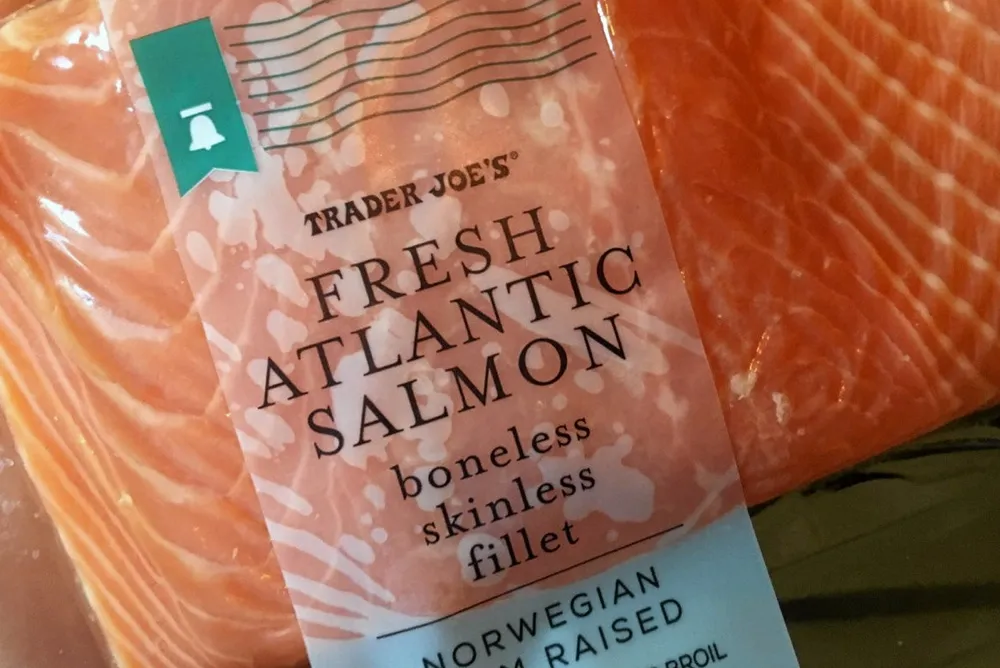The US salmon market is hot, but price levels are sparking concern
Americans have steadily eaten more salmon, but the rising trend is not a given, executives say.

Just a few years ago, “China” was the buzzword for salmon market growth. It turns out, however, that a market already on the salmon industry’s doorstep has turned out to be the most promising.
Oen said that boosting US consumption will come in part by focusing on some of its advantages -- in particular the work being done on technology and sustainable development. She’s seen buyers’ reactions to the industry’s advancement first-hand.
“When I take groups from America to Norway to take a look at the salmon industry, they're all saying everything is so transparent,” Oen said. “That is a very important selling point for us, for our industry. We are doing things properly and everybody gets up every morning to try and do things even better.”
As fast-growing as the United States is for salmon, inflation remains a concern, the panel of executives said, particularly with slowing farmed salmon production growth globally.
David Caslow, chairman of Acme Smoked Fish, the largest smoked salmon processor in North America, said US consumers have been eating more salmon in part because it’s been available at affordable prices.
“The market has been very much driven by increased supply year-over-year,” Caslow said. The last three to four years US market prices have been at what Caslow calls a “stable, but high point,” but signs are pointing to a pull-back as consumers grip their wallets.
“We are seeing the first real year of negative growth in the marketplace,” Caslow said, noting that import statistics are showing a contraction so far this year.
“When you look at longer periods of time, that growth has been amazing,” he said. “When you start to look at some shorter periods of time…it does have me a little bit concerned from a growth standpoint.”
With the supply outlook continuing to rise in the coming year – Kontali estimates a 3.5-4 percent global growth – prices may see some relief. Caslow doesn’t see a dramatic change coming.
“I do wonder whether there's some risk of hitting too expensive a price point,” he said, “but if I'm going to be quite honest, I've thought that like seven different times in my career and salmon has been able to surpass what was believed to be price points that couldn't be surpassed.”
In part, he said, the products are simply hitting the right notes for US consumers, so compromising to meet price points would be a mistake.
“The product is delicious, it's healthy, it's sustainable… we have really good pieces in place for future growth,” he said. “In this industry, it's become an expectation that we are stewards of the environment. That is going to be important to us, and that cannot impact the cost structure.”
(Copyright)